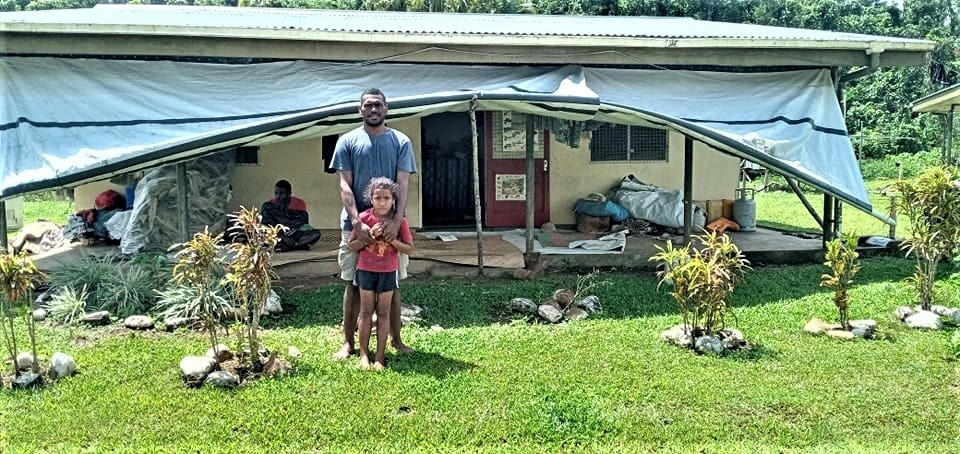By Neena Bhandari
Sydney, 23.09.2021 (IPS) – Sepesa Curuki and his community are coming to terms with the prospect of relocation from Cogea village on Fiji’s second largest island of Vanua Levu. Their village, which lies between two rivers that flow into the Pacific Ocean only 2km away, has been battered by intense and frequent cyclones, flooding and erosion, threatening their very existence.
“We are heartbroken to be having to leave our ancestral land, but to survive we must relocate to a safe place”, the 36-year-old school teacher tells IPS on a scratchy phone line, reverberating with the background sound of pelting rain.
“Our close-knit community of 72 people has experienced three severe tropical cyclones in one year. TC Harold in April 2020 and TC Ana in January 2021 caused extreme flooding, and TC Yasa in December 2020 completely consumed 23 of the 37 houses in the village. Not even a single post was left standing. The remaining homes, including ours, experienced widespread destruction”, says Curuki, who now lives with his wife, mother, two brothers and four children in a two-bedroom concrete home and a tent.

